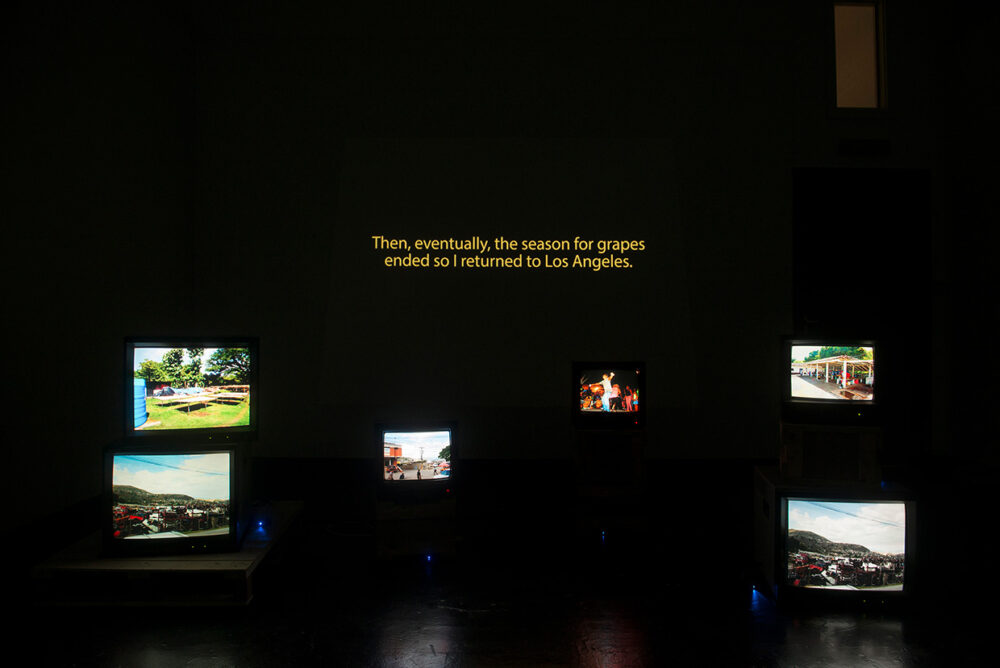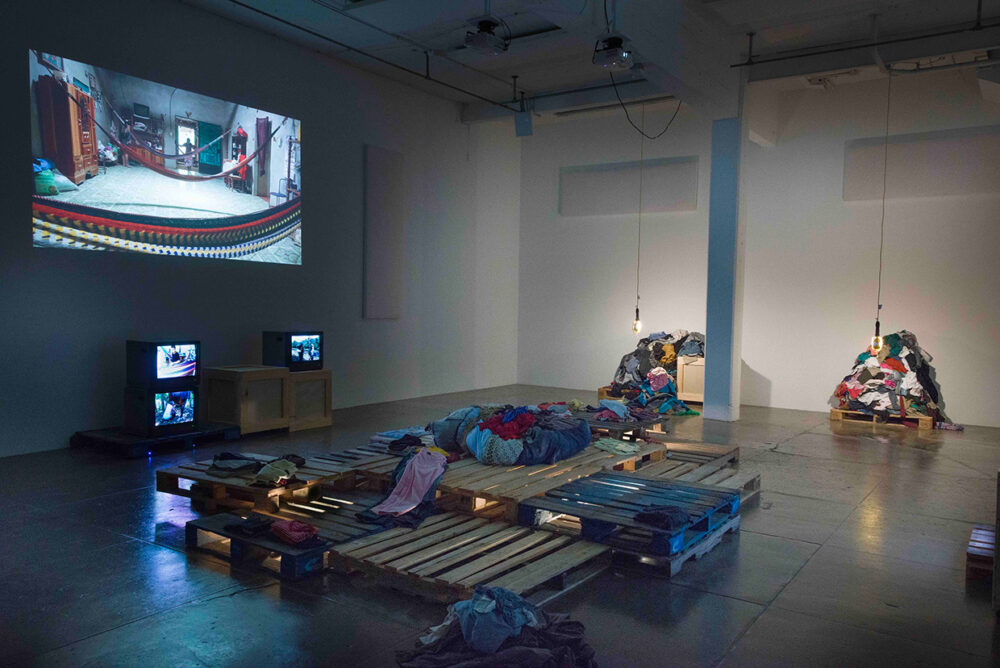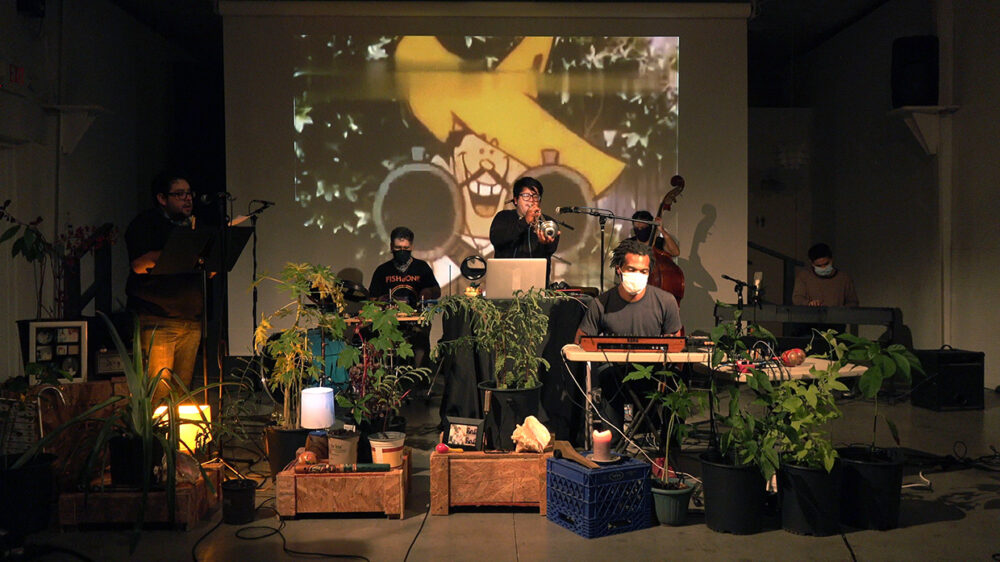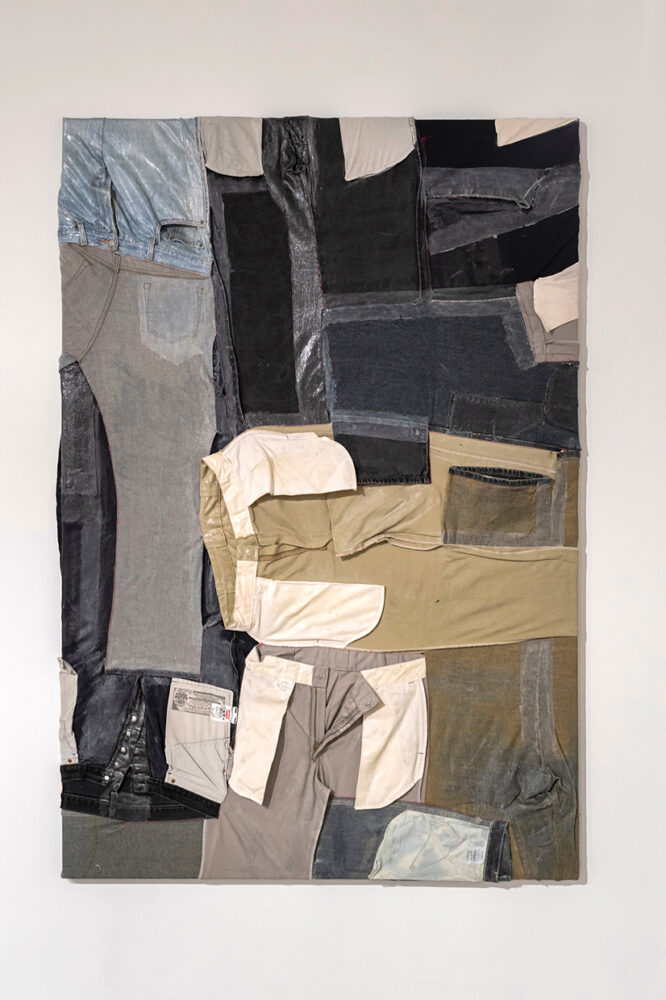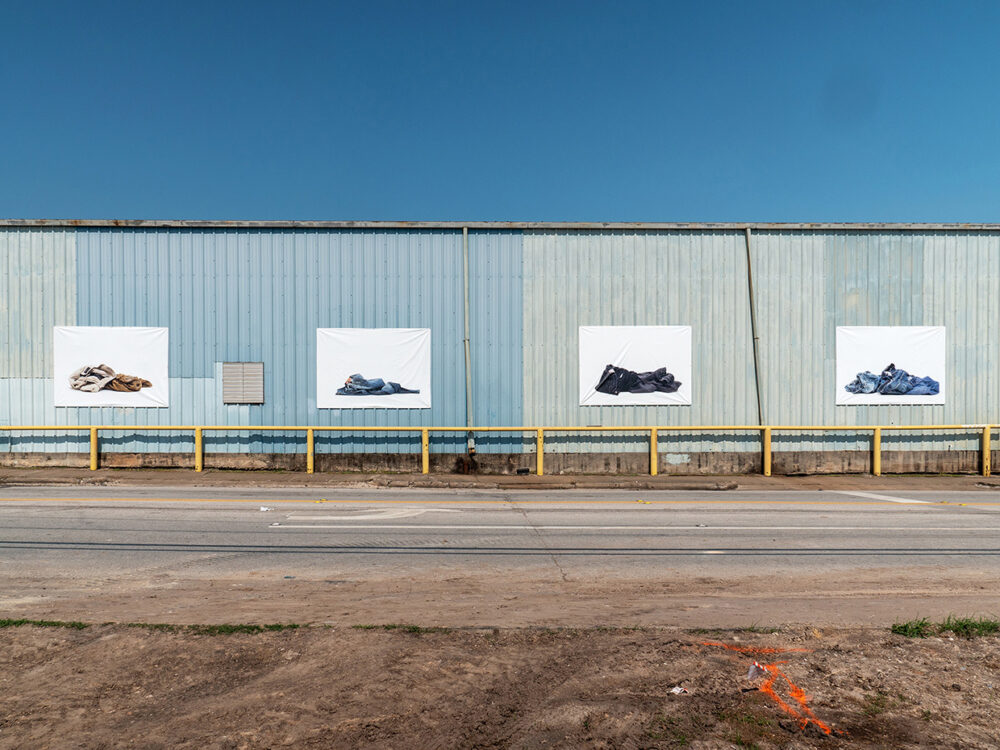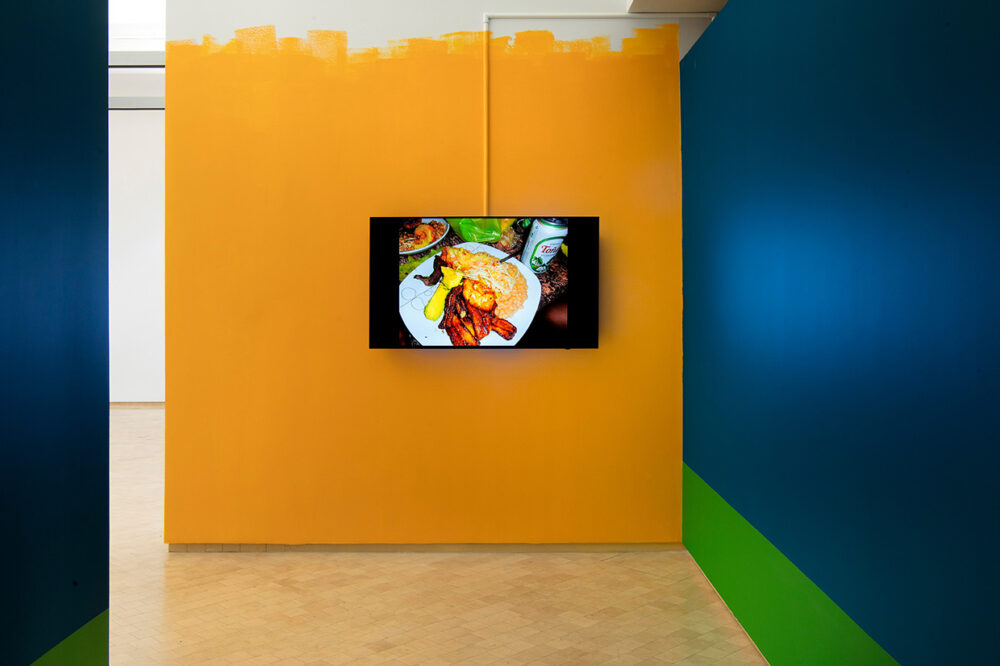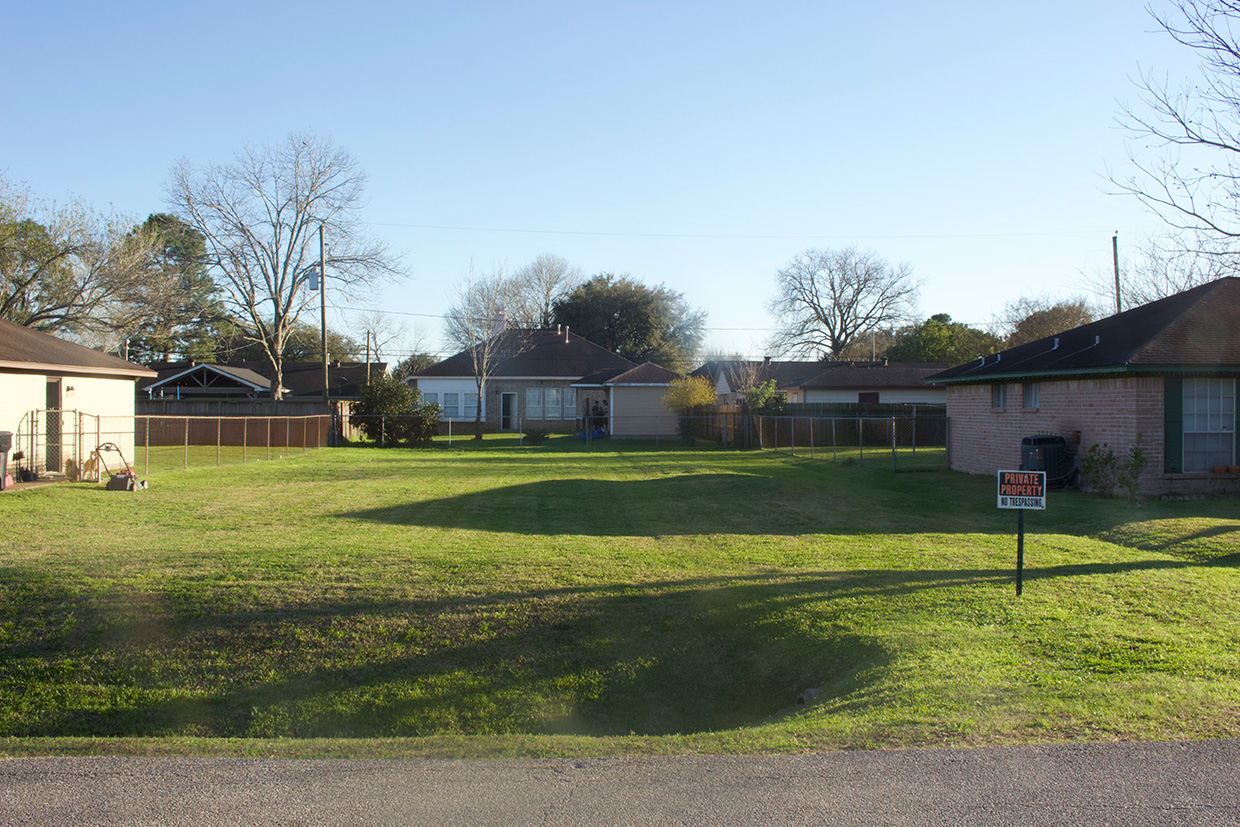“In Almendarez’s inspired and ambitious multi-channel video installation works, we were moved by investigations of memory and history evident in thoughtful manipulations of mood, and temporal and physical distance. We look forward to following the development of their promising practices.”
– Jurors Dean Daderko & Kanitra Fletcher
Francis Almendárez is an artist, filmmaker, and educator whose work takes many different forms including exhibitions, screenings, workshops, collaborations, and performances that have been presented nationally and internationally. His work has been featured in group exhibitions at the Blaffer Art Museum and FotoFest International, Houston, TX; San Antonio Museum of Art; El Museo del Barrio, New York, NY; and National Taiwan Museum of Fine Arts, Taichung, TW. He has presented solo exhibitions and commissioned projects at Aurora Picture Show, Houston, TX; Artpace, San Antonio, TX; The Reading Room, Dallas, TX; Houston Center for Photography, TX; and NX Project Space, London, UK. Recent presentations include DIY photography and filmmaking workshops and screenings in Honduras and El Salvador, and a live reading of prose set against an improvised score on trumpet in collaboration with his brother Anthony Almendárez at Antenna in New Orleans.
Almendárez was born and raised in South Central Los Angeles, CA and is currently based between Los Angeles, CA and Houston, TX. He received an MFA in Fine Art (with Distinction) from Goldsmiths, University of London, and a BFA in Sculpture/New Genres from Otis College of Art and Design. He is Assistant Professor of Photography/Video and Studio Art in the Department of Art & Design at California State University, San Bernardino. Prior to that, he was a full-time Visiting Lecturer at the University of Houston, School of Art.
Francis Almendárez works using history, autoethnography, and cultural production as tools to address memory and trauma in an attempt to reconstruct identity, specifically of im/migrant, queer, working-class communities of Central America, the Caribbean, and the Diasporas. His work, ranging from filmic installations to performance and text, incorporates music and storytelling, and brings to the foreground time, labor, and rhythm. Combining personal narratives with familial histories, Almendárez uses the biographical to collapse and superimpose past, present, and future, subtly touching upon underlying, overlapping, and recurring themes from (post)colonialism to migrant labor to the matriarchal family and gender roles. Working from the vantage point of both insider and outsider, he observes, he listens, and he collects. Then, he transforms the material from the personal to the political – and finally – to the poetic, in the effort to re-present and re-historicize alterity, and provide an alternative to the dominant Western narrative.

